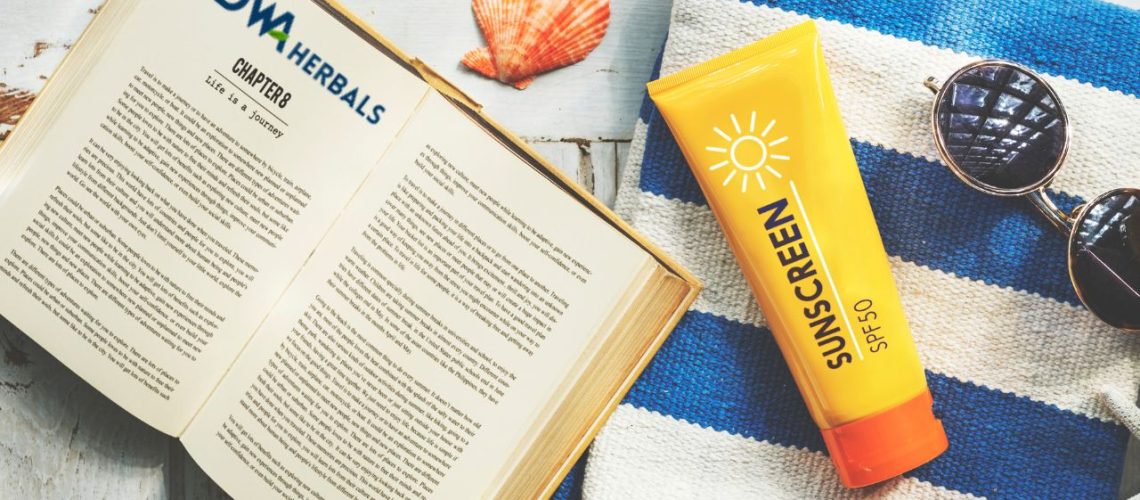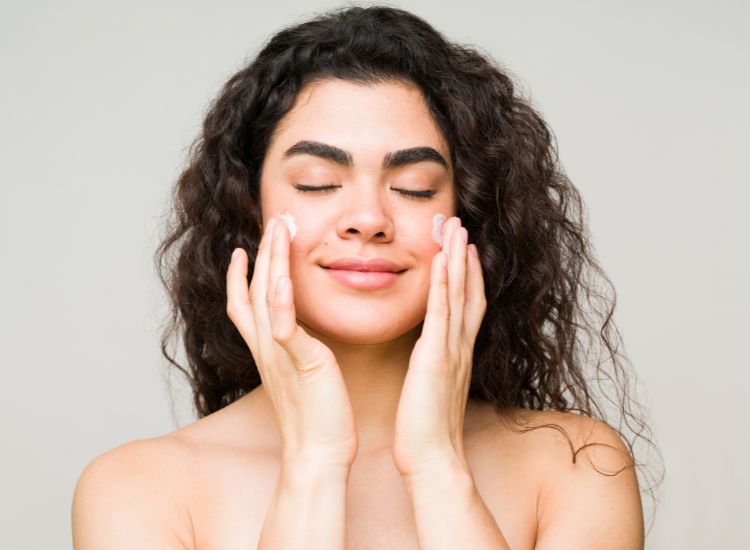
Many of us make a habit of applying sunscreen in anticipation of even minor sun exposure.
This practice is frequently recommended to help prevent skin cancer due to ultraviolet (UV) radiation.
However, recent research suggests that the benefits of sunscreen might be outweighed by its potential drawbacks.
Several studies indicate that substances such as oxybenzone, triclosan, parabens, and phthalates, often found in commercial sunscreens, can potentially interfere with hormonal function.
When adolescents switched to products that did not contain these compounds, the concentration of these chemicals in their bodies decreased rapidly, suggesting the importance of choosing products that are free of these chemicals.

Oxybenzone, a common ingredient in commercial sunscreens used for its UV light-absorbing properties, can also cause hormonal imbalance and potential cellular damage.
It appears to hinder cell growth and disrupt the DNA synthesis process, which could lead to genetic mutations.
Research has associated oxybenzone with endometriosis in older women, and pregnant women with higher levels of oxybenzone were found to give birth to lighter-weight daughters.
The damage inflicted by these chemicals can potentially stimulate the growth of cancer cells. The genetic mutations they cause may contribute to the onset of cancer.
Research has demonstrated that benzophenones, chemicals present in sunscreen, can mimic the effects of excess estrogen in the body, thereby increasing the risk of conditions such as breast cancer.
Retinyl Palmitate or Vitamin A Palmitate, an antioxidant used in numerous skincare products for its anti-aging properties, is another substance of concern.
Studies have shown that rats treated topically with a vitamin A formulation experienced a quicker progression of skin tumors and lesions.
Aim to find sunscreens that do not contain the above-mentioned active ingredients.
Look for options that utilize titanium and zinc minerals, which create a physical barrier between UV rays and your skin.
Encouragingly, these ingredients do not penetrate the skin like the previously mentioned chemical compounds.
Natural sunscreens, which utilize ingredients such as coconut oil, shea butter, and carrot oil, offer inherent SPF protection.
Ensure that the product you select has an SPF of at least 30.
The common motivation for sunscreen use is the fear that sun exposure will result in skin cancer.
However, only 10% of cancer cases are linked to any form of radiation, with UV radiation accounting for a small fraction of that percentage.
Interestingly, research suggests that moderate sun exposure could help inhibit the development and spread of skin cancer.
Moreover, patients with melanoma have demonstrated a greater likelihood of survival and remission with occasional sun exposure.
Given this information, it may be beneficial to forgo sunscreen occasionally if you’re only exposed to the sun for a short period.
Experts concur that sunlight is the optimal source of vitamin D, which aids in preventing several bone diseases, muscle weakness, multiple types of internal cancers, multiple sclerosis, and type 1 diabetes mellitus.
Note of Caution:
If your skin begins to pinken, you’re starting to incur sun damage. Seek shade immediately or apply a natural sunscreen free of harmful compounds.
The most effective sun protection involves staying in the shade and wearing hats and long clothing.
While commercial sunscreens may contain harmful ingredients, there are safer alternatives.
It’s important to remember that a certain degree of sun exposure can be beneficial.
If you’re concerned about potential damage, relying on shade and protective clothing is the best approach.
Dr Sushil is a researcher and founder of D WA Herbals with objective of providing healthy longevity to society. His aim is to develop food and drink-based products by using the inherent qualities of traditional herbs by optimizing their effect through modern technology, making our products extremely user-friendly. The research is focused on various lifestyle issues such as anxiety, stress, metabolism, digestion, immunity and may more which impact the health and lifestyle.
© 2023 DWA HERBALS. All Rights Reserved. Designed by NXlogy